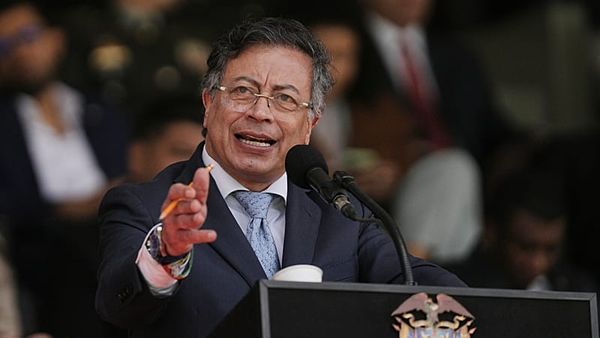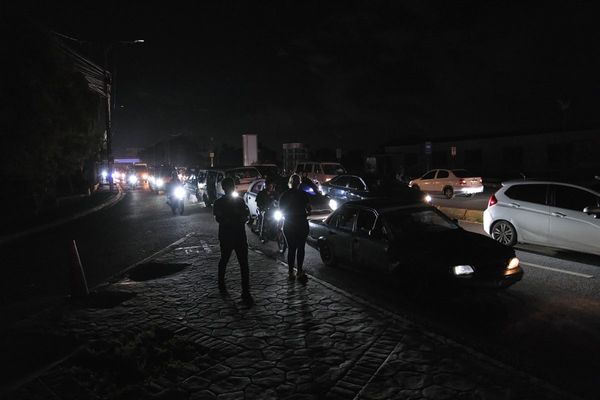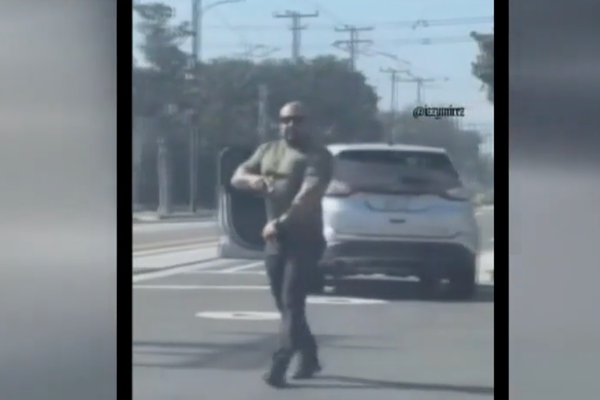
Russia’s full-scale invasion of Ukraine, which began a year ago this week, was an extraordinary and unexpected event that has changed the world in which we live. Long-held assumptions about peace in Europe, post-cold war relations with Moscow and Nato’s diminished standing were shattered overnight. The war has revolutionised German defence policy, silenced French talk of “strategic autonomy”, boosted EU unity, revived US commitment to the transatlantic alliance, dramatised the global north-south divide, reduced the UN to the role of hand-wringing bystander and given the UK an opportunity, after Brexit, to show it still has an international role to play.
The fallout from Russia’s illegal, unprovoked attack, ordered by its president, Vladimir Putin, has caused immense economic and social disruption reaching beyond Europe. Vital grain exports from Ukraine to Middle Eastern and African countries faced a Black Sea naval blockade. Fragile, post-Covid global supply chains were further damaged, fuelling a cost of living crisis. Europe’s over-dependence on Russian gas and oil was painfully exposed. As western sanctions bit, Putin deliberately weaponised energy prices, attempted nuclear blackmail and sought a closer alliance with China. Under air and missile attack, millions of refugees fled Ukraine. Thousands of civilians have died – and are still dying.
The war has revealed the divided loyalties and moral confusion of many fence-sitting governments, including India, Israel, Saudi Arabia, South Africa and Turkey. It also delivered a cruel blow to the foundations of international law: the UN charter and a paralysed security council. While both sides are accused of atrocities, the behaviour of many Russian soldiers, involving murder, torture and systemic rape, has been and is appalling. Investigations into Russian war crimes, genocide and the crime of aggression are in train. But it remains uncertain whether those chiefly responsible, from Putin down, will face justice.
The fact the sovereign, democratic nation of Ukraine has survived, unbowed and unconquered, is possibly the most remarkable outcome of the conflict so far. Few expected it to hold out for more than a few days. Then again, few expected the mighty Russian army to perform as incompetently as it did in the weeks after 24 February 2022. It squandered the advantages of superior numbers and surprise, lost vast amounts of men and materiel, and was forced, humiliatingly, to withdraw north of Kyiv. Last autumn, it suffered additional, significant battlefield reverses. The performance of Ukraine’s defenders has been inspirational and heroic.
Ukraine’s physical survival, despite significant losses of territory, has been matched by psychological triumph. For this, much credit goes to its president, Volodymyr Zelenskiy, who has campaigned tirelessly to whip up international support. The countries of Europe, and the EU as an institution, have rallied round in an unexpected, gratifying display of solidarity. Gifts of weapons, cash aid, technology, expertise and shelter have poured in, along with volunteers, military and civilian. In contrast, morale among Russia’s army and public has slumped as promises of a quick victory were replaced by the prospect of a long struggle. Their disillusion was rendered more bitter by Putin’s blunders and lies, enforced mobilisations and brutal suppression of anti-war protests.
But, and it’s a big “but”, it is plain the war is far from over and may be entering an even more dangerous phase. Russia’s ill-led, ill-equipped and ill-disciplined forces have regrouped and reinforced. Their anticipated spring offensive along the eastern or southern fronts, or possibly via Belarus, may already be gathering pace and Moldova is also threatened with destabilisation. It has been clear for some time that Ukrainian forces are on the back foot in key strategic locations. Despite more pledges of sophisticated western arms, missile systems and tanks, they are reportedly struggling to hold back the invaders.
Almost 100 US, European and Nato leaders meeting at this weekend’s Munich security conference (from which Russia, unusually, has been excluded) appear to understand a critical moment is approaching. Zelenskiy is demanding urgent action to help Ukraine weather the coming storm. Rishi Sunak is listening. He urged western countries to join the UK in “doubling down” on military support, and to offer Kyiv a closer, long-term relationship within Nato and the EU. Britain can be proud of the support it has given Ukraine, which included £2.3bn in military aid last year. Unlike Boris Johnson, his Churchill-imitating predecessor, Sunak has not sought to exploit the war for personal political purposes.
Dark clouds hang over this life-or-death struggle as it enters a second year. Western weapons continue to be slow in arriving. There are still no combat planes. Meanwhile, political strains increase. Although President Joe Biden, who will mark the war’s anniversary in Warsaw on Tuesday, has provided the lion’s share of arms and aid to Ukraine, both he and Nato have been too cautious in confronting Russia. Yet rightwing Republicans and some US voters believe Biden has gone too far. France’s ever-flexible president, Emmanuel Macron, who was accused of appeasement a year ago, is now insisting Putin be defeated militarily. But despite fierce east European pressure, Germany’s chancellor, Olaf Scholz, stubbornly insists on treading warily. Most Germans now favour peace talks, even if they entail territorial concessions.
The wider debate concerns how this war ends. What, exactly, is the western democracies’ endgame? There is as yet no agreement. Future scenarios include a Ukrainian victory and/or 1917-style Russian collapse, total defeat for Ukraine, escalation leading to direct Nato-Russia conflict in Europe, expanding warfare across the country, or a frozen conflict – in effect, a stalemate – similar to the situation after Russia’s 2014 invasion of Crimea and the Donbas. Only the latter outcome could lead, hypothetically, to the negotiated settlement many western politicians and analysts believe must eventually be attained.
Any such future “peace” deal would necessarily involve painful Ukrainian concessions. It would be seen by many, in Kyiv and Europe, as a betrayal, and by Putin as a vindication. That is a dreadful thought. But we are not there yet, and may never be. Right now, both sides are intent on strengthening their positions through military successes. So the war goes on.







